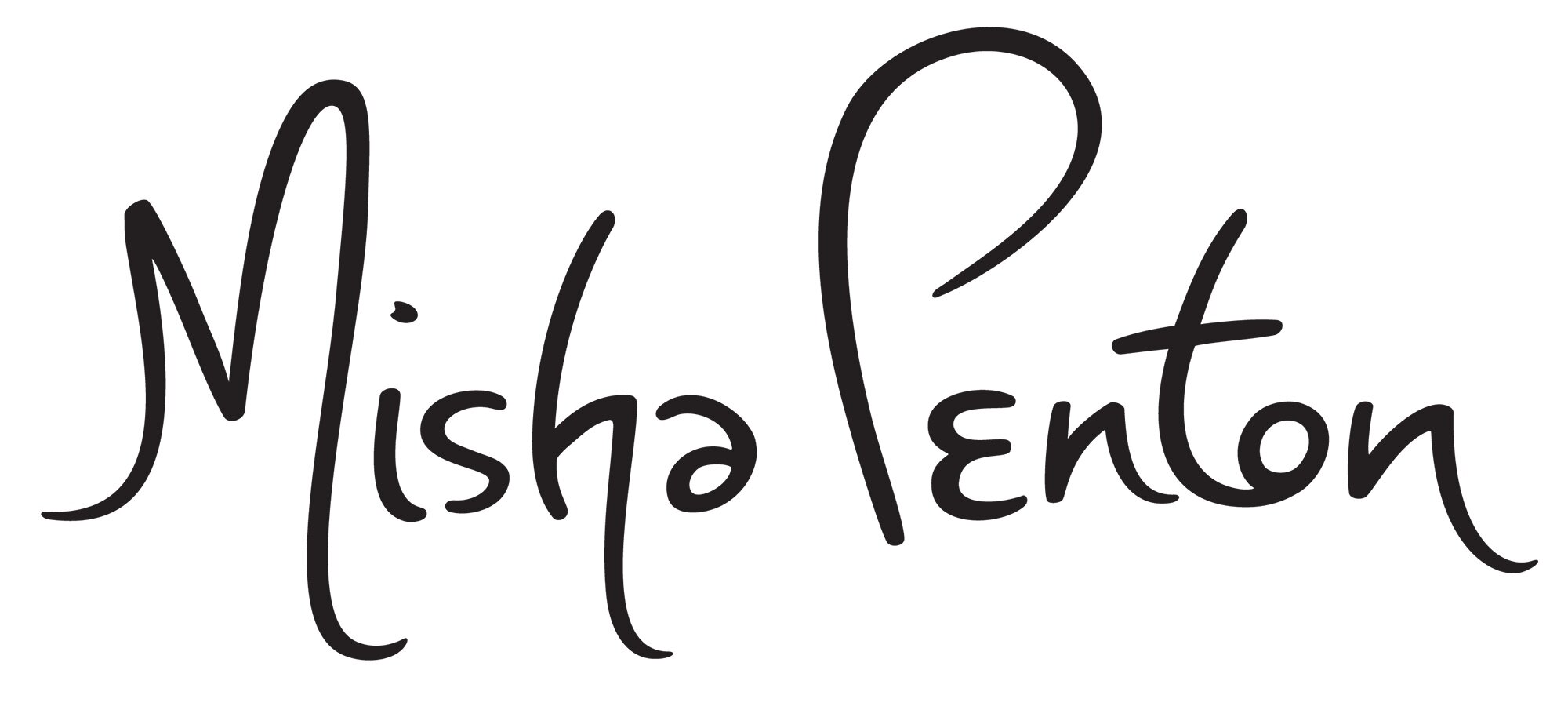Poetry is Existence
A Series of Posts: Thinking About Voices & Bodies
👆🏻Misha Music Mini / Micro-Opera: 12 seconds
‘poetry…is essentially a variety of existence’.
(Merleau-Ponty [1945] 2002, 174)
For Maurice Merleau-Ponty (our trés cool, aforementioned mid-century Frenchie philosopher in this series), spoken words carry meaning through the way we say them, through ‘accent, intonation, gesture and facial expression’, revealing not only the speaker’s thoughts but 'his fundamental manner of being’—likewise, our philosopher goes on—‘poetry, which is perhaps accidentally narrative…is essentially a variety of existence’ (Merleau-Ponty [1945] 2002, 174)—poetry expresses being-ness. How cool is that? Cool.
I’ll write more about another fave (living! female!) muser and cultural critic, Julia Kristeva in later posts, but her ideas about poetry as a site of reconciling the body and language drives and inspires the work I do with voiced texts.
I love this other nice bit from Maurice: art is an ‘act of bringing truth into being’ (Merleau-Ponty [1945] 2002, xxii-iii).
Isn’t it a beautiful idea that art is a kind truth? –
a truth that an artist envisions and shares with the world.
This post is a (very!) revised and slightly irreverent (and thus, reader-friendly) fragment from my recently approved doctoral thesis, ‘Vocality as / in Composition: solo and collaborative creation of new postopera works’. Bath Spa University, UK.
Cited Sources for The Inquisitive
Matthews, Eric. 2002. The Philosophy of Merleau-Ponty. New York: Routledge.
Merleau-Ponty, Maurice. (1945) 2002. The Phenomenology of Perception. Translated by Colin Smith. London, New York: Routledge Classics. First published in French as Phénoménologie de la perception, 1945 by Gallimard, Paris.
Penton, Misha. 2021. ‘Vocality & Embodiment’ in ‘Vocality as / in Composition: solo and collaborative creation of new postopera works’, 25-7. PhD Diss. Bath SpaUniversity, UK
